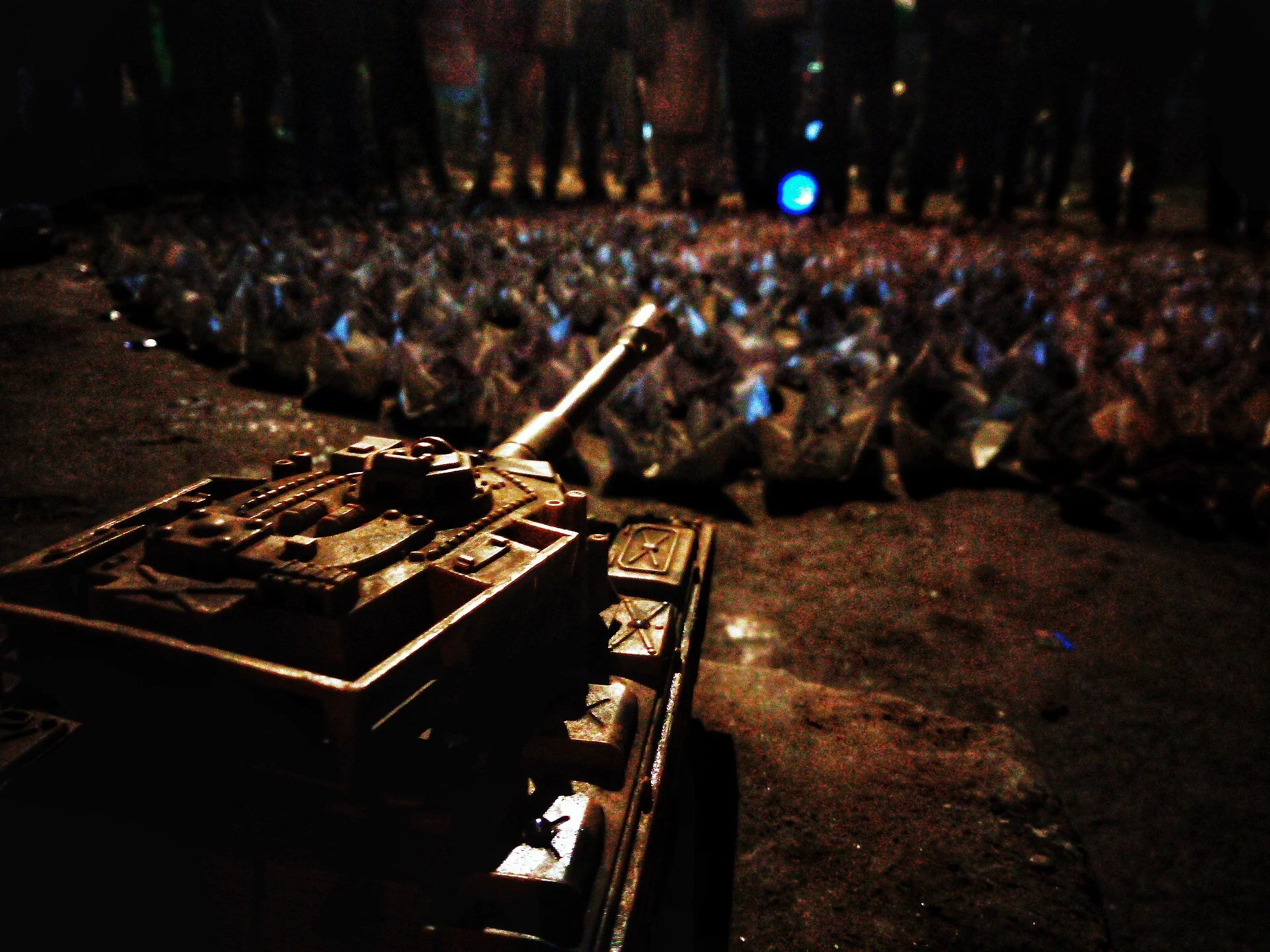By R. Benedito Ferrao
Issue no 16
I was the first-born son in the family. My sister Ruth was born when I was over four years old, and so I was in effect a lone person. My father had a lot of books in our house, including joke books. He was well known by Goans for giving fine speeches and always including a joke in the speeches.



















